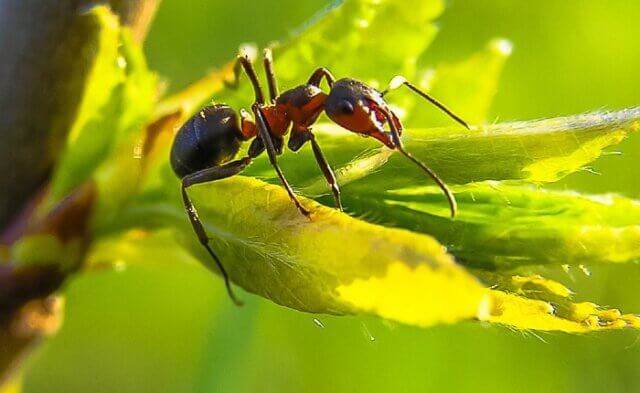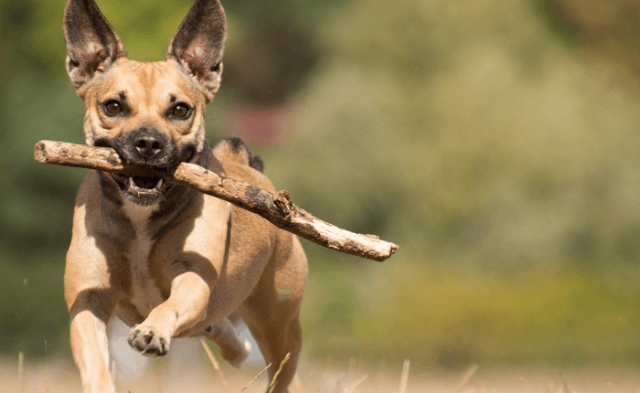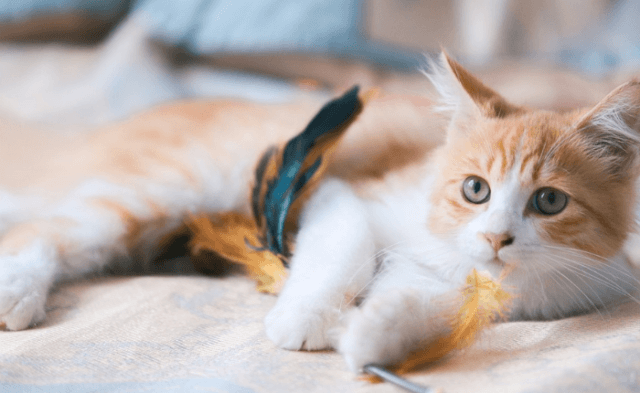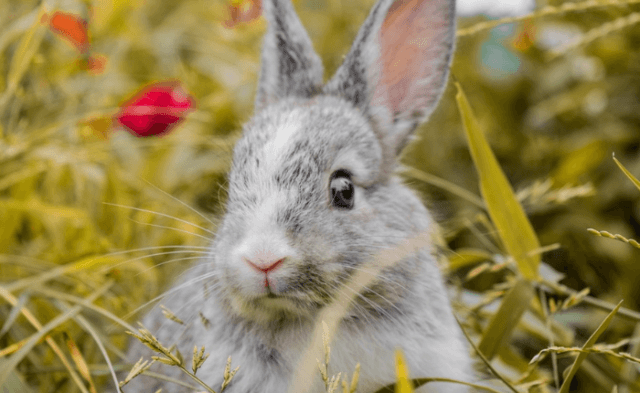You can’t flick matches onto a California hillside in August and expect nothing to burn. But it seems that the U.S. military thinks it can continue its use of live animals during the Cobra Gold multinational military exercise and not expect to contribute to the potential spread of the next pandemic.
Speaking as Air Force and Marine Corps veterans, it’s time for the Department of Defense (DOD) to put the proverbial matches away before someone gets hurt by ending the use of live animals in Cobra Gold.
In the past year, we’ve seen that one disease reportedly spreading from a live-animal “wet market” in a Chinese city has been able to bring the world to its knees. COVID-19 has now ripped through households, economies, hospitals, educational systems, research facilities and the daily lives of millions across the globe. One spark led to a conflagration.
Scientists agree that the current pandemic is likely to have spread from human interactions with animals at a Chinese wet market where wild and farmed animals, living or dead, are sold to be eaten. Just as previous epidemics—SARS, Ebola, monkey pox and Lassa fever—were helped along when humans handled, killed and ate wild animals, these open-air slaughterhouses provide novel viruses with fertile breeding grounds.
Zoonotic diseases—those that pass from animals to humans—are not new, and the Centers for Disease Control and Prevention has confirmed that nearly three-quarters of recently emerging infectious diseases affecting humans started as diseases in animals. Even HIV in humans has been traced to the handling of wild-animal meat. As we’ve seen, under the right conditions, it doesn’t take much for the slaughter of animals to contribute to the infection and deaths of hundreds of thousands of people. We know that during slaughter, disease-carrying bodily fluids such as blood, saliva and excrement can splash or spatter, leading to the ingestion or inhalation of infectious organisms.
That’s why it’s simply baffling that the U.S. military is still clinging to the barbaric killing of live animals in the Cobra Gold training that is more reminiscent of a frat party gone wrong than a military drill. Marines and survival training instructors have been caught on video killing chickens with their bare hands, skinning and eating live geckos, consuming scorpions and tarantulas, and decapitating cobras and drinking their blood.
Given all we know about zoonotic diseases, how they originate and how many people they can sicken or kill in short order, it’s difficult to fathom why Cobra Gold would encourage these cruel and risky animal killings while the world still grapples with COVID-19. The DOD is playing with matches during a wildfire.
There are plenty of other ways to teach survival skills that don’t involve tearing the head off or drinking the blood of an animal or risking the spread of infectious diseases. In the book Primitive Wilderness Skills, Applied & Advanced, the authors, John and Geri McPherson, who are U.S. Army Survival Evasion Resistance Escape (SERE) instructors, explain how to obtain food in nature. Gretchen Cordy, a former Air Force survival instructor who appeared on the CBS show Survivor, hosts an instructional wilderness survival video series called Prepared to Survive. SERE specialists are also using advanced virtual reality to prepare Air Force pilots for worst-case scenarios.
Change can occur. The Marine Corps Mountain Warfare Training Center suspended its use of live animals in its survival training courses in 2011 following discussions with PETA. Nearly three decades ago, the U.S. Army’s Dugway Proving Ground also canceled a survival skills training course using animals after PETA asked then–Defense Secretary Les Aspin to intervene.
For the sake of our troops, and for all those they protect, it’s time to end the misguided use of live animals in Cobra Gold before it lights another fire.
Air Force veteran Ingrid Taylor, D.V.M., is a research associate in People for the Ethical Treatment of Animals’ (PETA) Laboratory Investigations Department. Marine Corps veteran Jonathan Stainback is a maintenance technician in PETA’s Operations Department.
Urge the U.S. Military To Ban Using Live Animals in Survival Training





